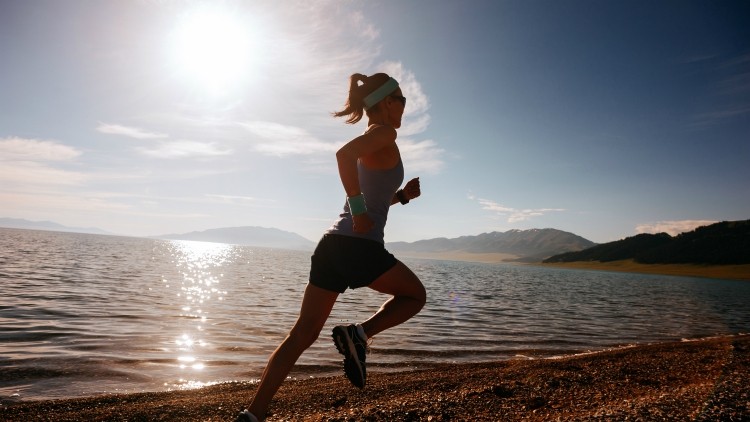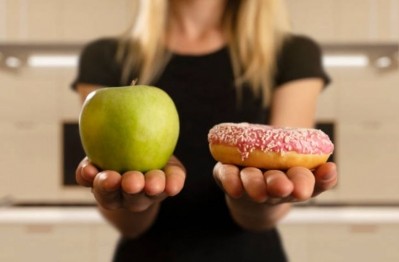Female focus: Kiwi researchers ramping up efforts to meet nutritional needs of female athletes

A recent collaborative literature review by the University of Otago and University of Waikato highlighted the harmful effects of ignoring female athletes' nutritional needs, along with the dearth of existing research on those needs.
The study, published in the Strength & Conditioning Journal, focused on the topic of low energy availability (LEA), which it defined as available energy in the body being low for optimal physiological functioning. This often results in altered hormonal profiles, and in prolonged cases, complete loss of menstruation.
In addition, LEA can lead to deteriorating cardiovascular, immunological, bone, gastrointestinal, reproductive, endocrine and mental health, as well as poor athletic performance in the long term.
According to the study, the prevalence of LEA varies greatly, from 2% in club-level endurance athletes to 77% in professional ballet dancers.
However, despite its prevalence and severity, overall awareness of LEA remains low.
Raising awareness through research
Dr Katherine Black, from the University of Otago's Department of Human Nutrition, told NutraIngredients-Asia that an overwhelming majority of studies on athletic nutrition so far have focused on male athletes.
However, the increasing number of female athletes necessitates more research on their specific nutritional needs, which differ significantly from those of male athletes.
Black further said that the issue of poor nutrition in relation to exercise among women had previously been downplayed, with researchers beginning to understand the real extent of the problem only recently.
"We've observed that a lot of female athletes don't consume sufficient amounts of food and drink to meet their energy needs, especially after exercise, which is putting their health at risk.
"Health-related factors we were looking out for included disruptions to the menstrual cycle, which we saw across all age groups. The youngest athletes could develop such issues due to pressure to perform, and middle-aged, peri-menopausal active women could also be under pressure from body image issues."
She added that the other pressing issues the researchers had observed among under-nourished female athletes included an increased incidence of injuries, as well as a higher likelihood of sicknesses like the flu.
One of the ways to avoid LEA, she said, was to understand female athletes' varying nutrient requirements from one stage of the menstrual cycle to the next.
Coaches should also take into consideration symptoms of LEA and fatigue when drawing up training programmes, and athletes should eat after exercising to encourage physical recovery.
This is especially important for those who are aiming to cut body fat through exercise, as they need to know when to consume energy-rich foods and how much, as well as to explore liquid-based recovery options.
Indeed, restricted caloric intake to achieve aesthetic or body composition goals is a common factor in insufficient energy consumption.
Black said: "Some female athletes restrict their caloric intake on purpose to reach their body composition or aesthetic goals, so they put themselves at risk rather than going on an appropriate weight-loss programme of diet and exercise.
"Another factor could be an increase in training load when they become more physically active but don't increase their energy intake. A reduction in appetite during menstruation is yet another possible factor.
"Sometimes, suitable nutrition may not be available, especially if they are training and then rushing off to work after or have something else to do, and they may not have the time to get something to eat."
What to know and what to expect
Black emphasised that LEA research should focus on prevention, not prevalence, so athletes can "start early and develop good nutrition, training and body image habits".
At the moment, High Performance Sport New Zealand's (HPSNZ) is running a project called Women's Health in Sport: A Performance Advantage, through which the organisation aims to educate researchers and practitioners.
It holds regular meetings between these professionals to develop best practice principles for issues that female athletes often face.
Black said there was now a push towards raising awareness and finding out specifically what female athletes needed nutrition-wise, which would form the basis of a future clinical trial.
"Amongst nutrition researchers, there is now acknowledgement that we need to do more with female athletes.
"This study is part of a bigger research project we're running to look at energy intake and expenditure in female athletes; we are doing quite a bit of research into clinical trials involving female athletes at the moment.
"We're starting to focus on what their energy intakes are and looking to see how we can increase education around what they need and how that will impact the situation."



















